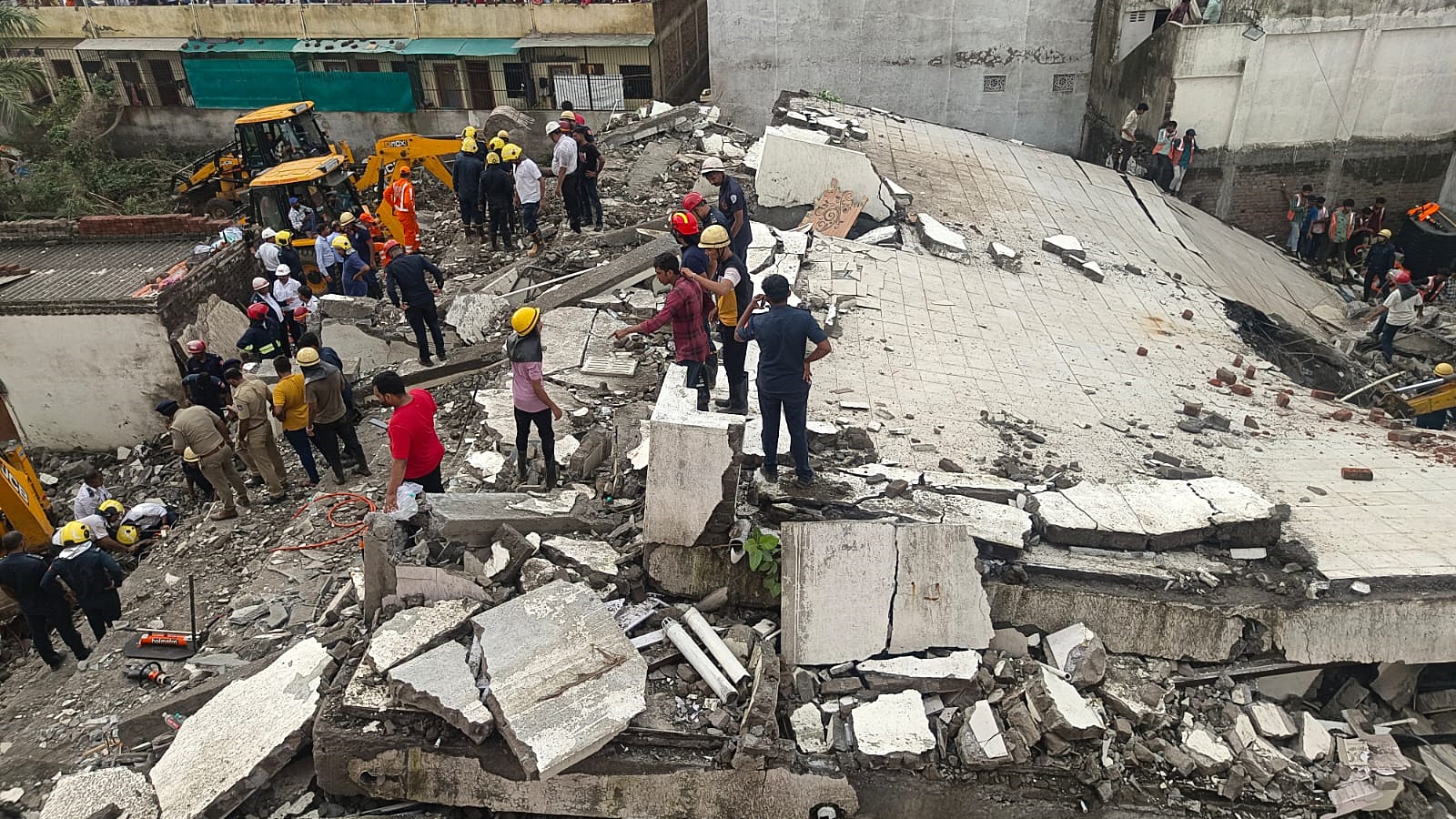Houthi rebels claim there are no limits or rules to the war against Israel
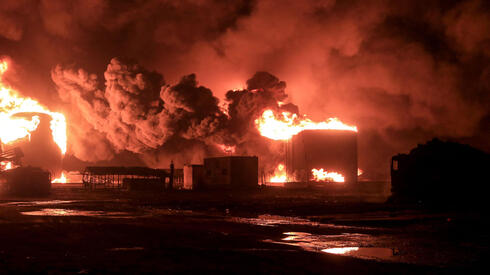
Fires in Yemen after Israeli attacks
Houthis spokesman Mohamed Abdel Salam said on Sunday that his rebel group would target areas deep inside Israel. “Starting a war against the Yemeni people will not be easy,” he told Qatari broadcaster Al Jazeera. “The conflict with the Israeli enemy will be open, without borders or a commitment to rules of engagement,” he said.
3 View gallery
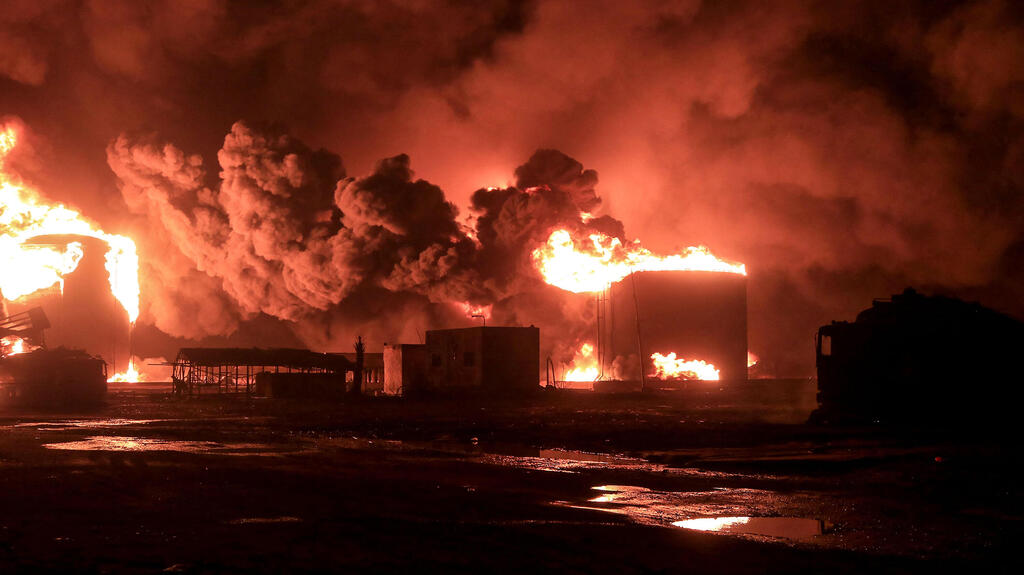

Port of Al Hudaydah
(Photo: AFP)
“This was an unexpected threat and had an impact on Israel,” Abdel Salam said. “The threats in Tel Aviv will continue and the new situation is clear evidence that whoever defends the enemy is failing. The Americans, the British, the European nations and the Arab agents will not succeed in keeping the threat away from Israel. We are happy to have a direct fight against the Israeli enemy.”
Immediately after the Israeli airstrike on Yemen on Saturday, Houthis officials began threatening retaliatory strikes against Israel. These threats continued into the morning. Mohammed al-Bukhaiti, a member of the political bureau of Ansar Allah (the Houthis in Yemen), told Al-Arabi TV: “There are several critical and sensitive targets in Israel that we will attack. Once we have carried out our actions, we will announce them.”
The Houthis are armed by Iran and have various types of drones, cruise missiles and ballistic missiles, some of which have already been used against Israel.
Military sources in Sana’a told Lebanon’s Hezbollah-affiliated Al-Akhbar that the drone used in the Tel Aviv attack was one of the weapons they had earmarked for the so-called fifth phase of the war and that Houthi forces had “many military surprises” in store. They warned that the Tel Aviv attack was “just the beginning of attacks beyond enemy lines.”
3 View gallery
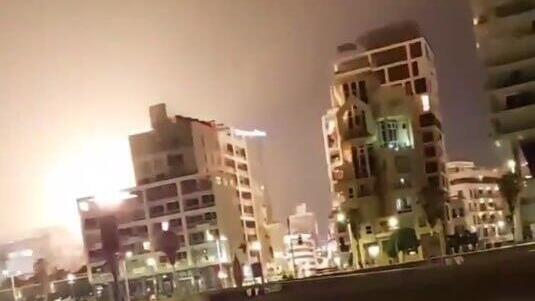

The drone attack in Tel Aviv
The Houthis’ possible response could be a coordinated attack with the Islamic Resistance in Iraq, a pro-Iranian militia that has already claimed responsibility for joint attacks on Israeli soil and claimed to have attacked Haifa and ships in the Mediterranean in recent weeks.
In June, the Houthis said they had attacked four ships in Haifa port with drones as part of a joint operation with the Iraqi Shiite group. In June, there was also a report of a joint operation against a “key target in Ashdod.”
A response from the Houthis may not necessarily come from Yemen. Iran’s proxies could join forces for a joint retaliatory strike. A Yemeni source told Ynet that the Houthis’ response could take various forms, such as increased attacks on ships and expanded maritime threats. There could also be another attempt to attack the Tel Aviv area, but the source also suggested a unified response from the Houthis and other groups.
“In coordination with Hezbollah, the Islamic Resistance in Iraq and Hamas, there could be an attack by the entire axis on Israel,” the source said. Hezbollah’s Secretary General Hassan Nasrallah praised them in his recent speeches for their “commitment to Palestine.”
3 View gallery
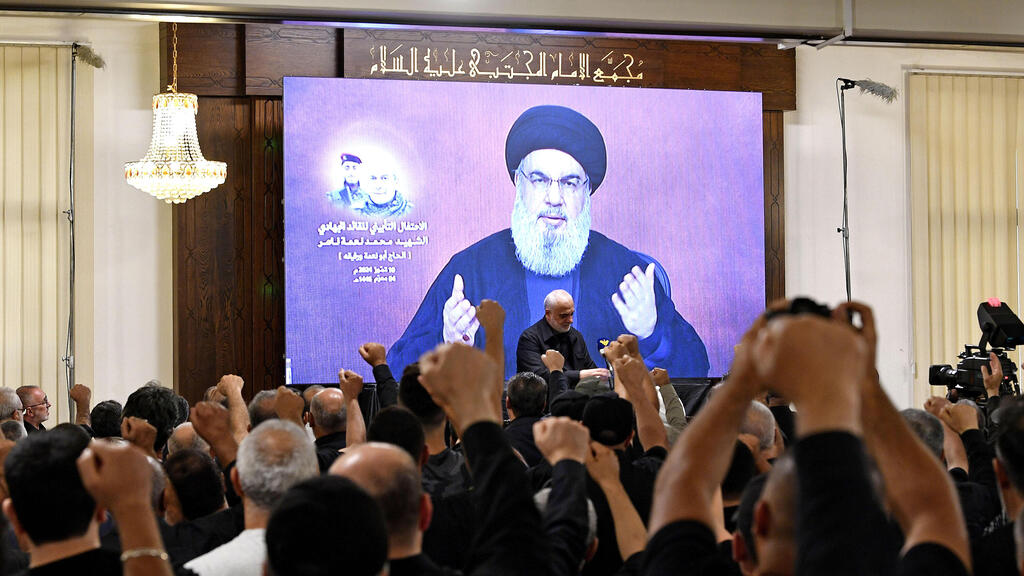

Hezbollah Secretary General Hassan Nasrallah
(Photo: EPA)
The Lebanon-based terror group was also one of the first to respond to Saturday’s Israeli attack, expressing condolences to the Yemeni people. In its statement, Hezbollah said it “stands with the Yemeni people in defending their sovereignty,” adding: “We are confident that the Yemeni leadership can take the necessary steps to deter the enemy and its regional and international allies.”
The Houthis’ response to the attack on Hodeidah could be a massive or less powerful rocket attack on “sensitive targets” in Israel, such as Eilat, Haifa or Tel Aviv. However, they could also try to “challenge” by attacking new targets in their target area.
The Houthis have a diverse arsenal of missiles, some developed domestically with Iranian support and others supplied directly by Iran. They also possess missiles they took from the Yemeni army when they took over the territory in 2014.
During the war, Arab media reported that the Houthis’ ballistic missile arsenal includes various Burkan missiles and different versions of them, including the Burkan-3, which is said to have a range of over 1,000 km. It has also been reported that the Houthis possess Hatim missiles, an Iranian missile version with a range of up to 1,450 km. The Saudi newspaper Asharq published in January that the arsenal also includes Toophan missiles with ranges between 1,950 km and 1,350 km – the longest range in the Houthis’ missile arsenal.
As for the cruise missiles in the Houthis’ military arsenal, the Quds-1 cruise missile with a range of 700-800 km, as well as the Sayyad cruise missile with a range of 800 km and the Sejjil missiles with a range of 180 km were previously mentioned. The Institute for National Security Studies (INSS) published that the Houthis are equipped with medium- and long-range ballistic missiles, cruise missiles, anti-ship missiles, attack and suicide drones, and a fleet of UAVs. The report states: “The Houthis have demonstrated their capabilities and operational skills using unmanned systems to carry out deadly attacks, as demonstrated by the attacks on oil facilities in Saudi Arabia and Abu Dhabi.”




:max_bytes(150000):strip_icc():focal(745x401:747x403)/Rory-Feek-wedding-tout-071924-45558082f34648af96e0f4a85af6f9c6.jpg)
